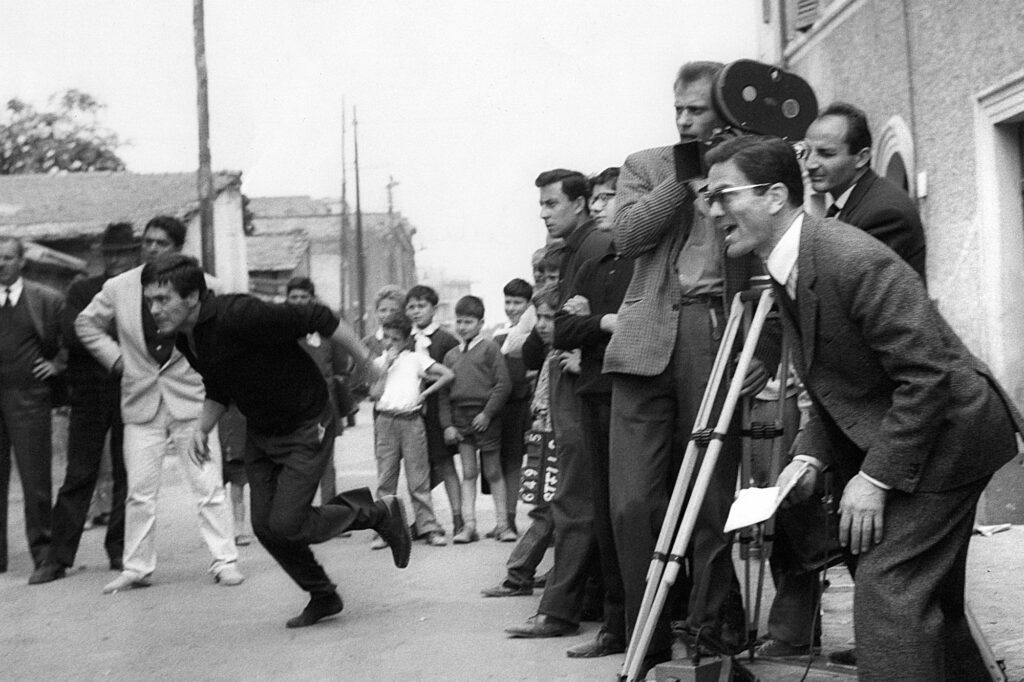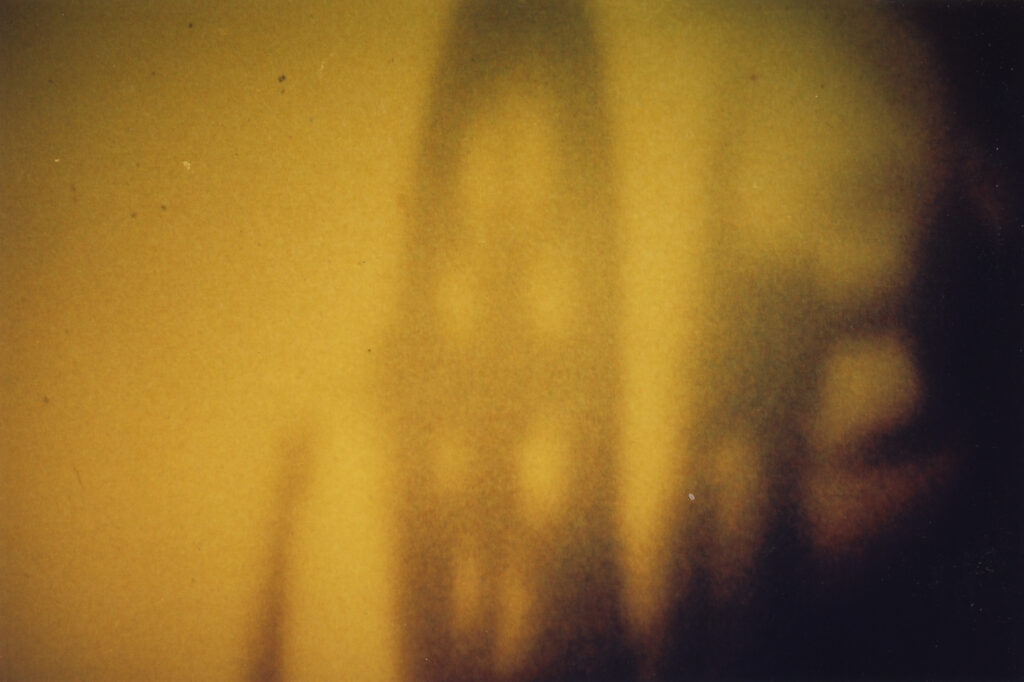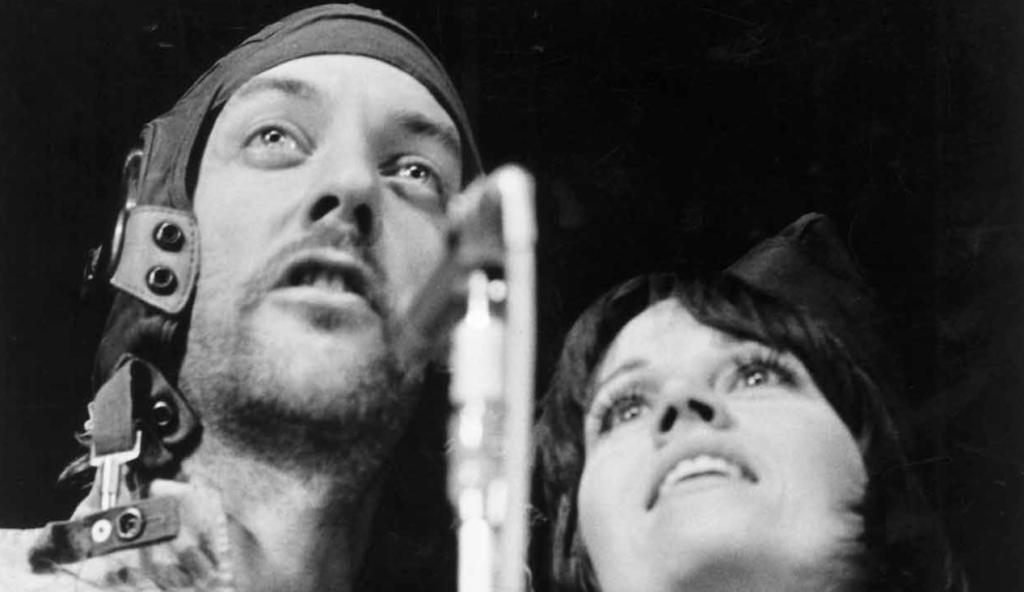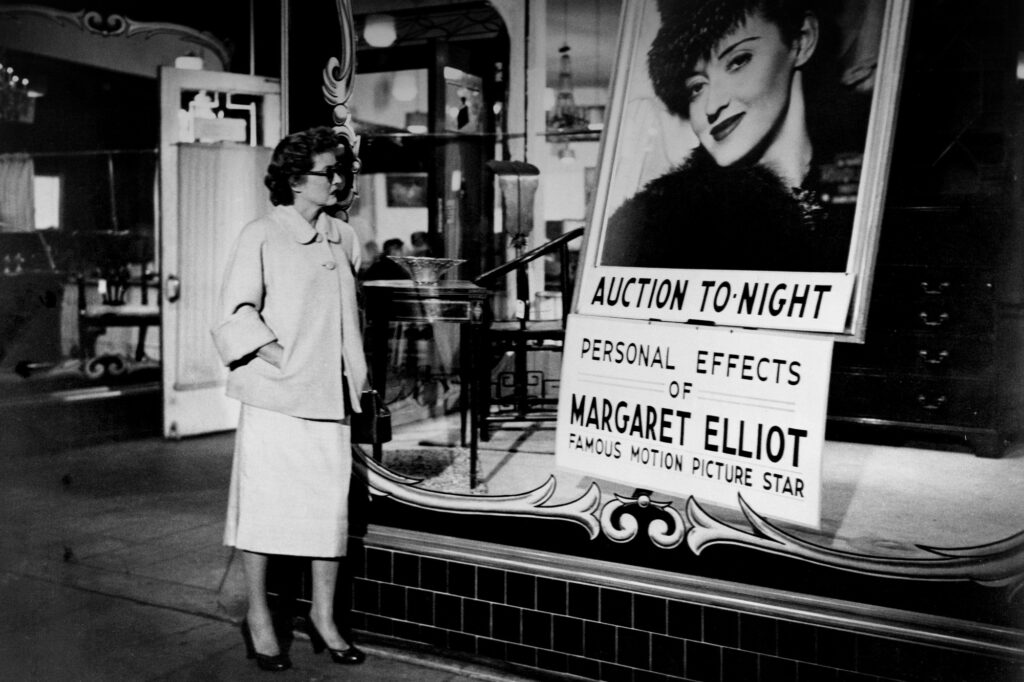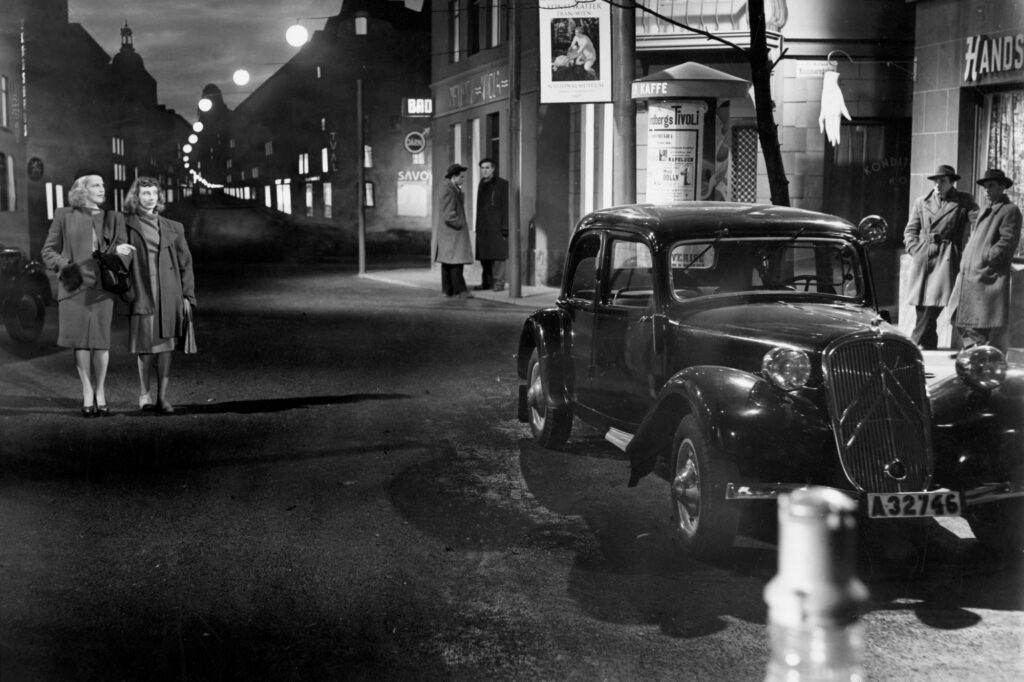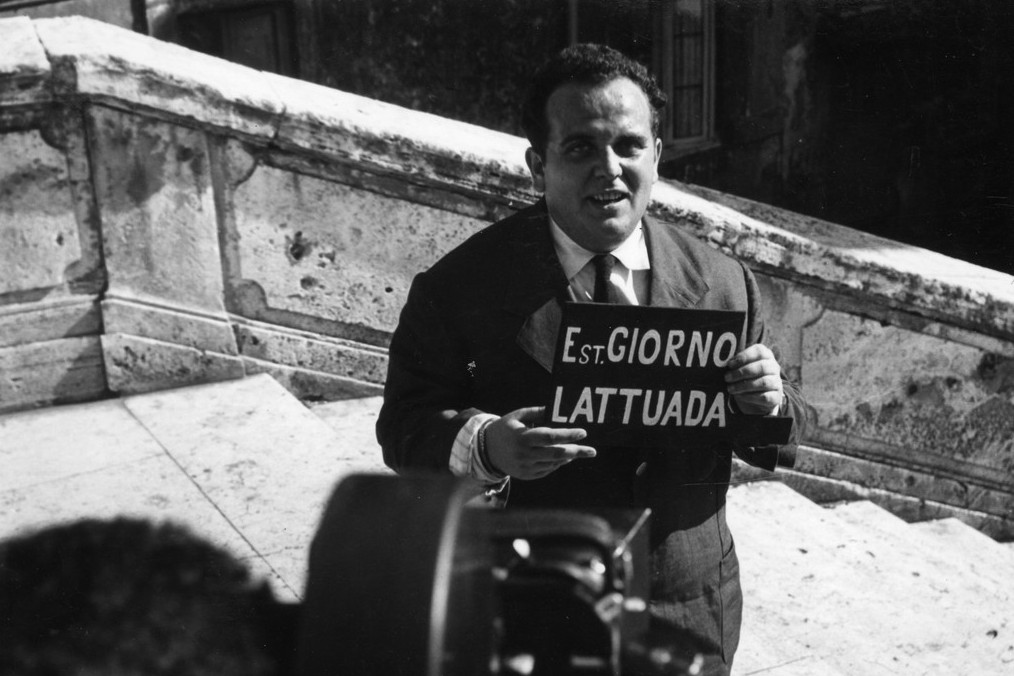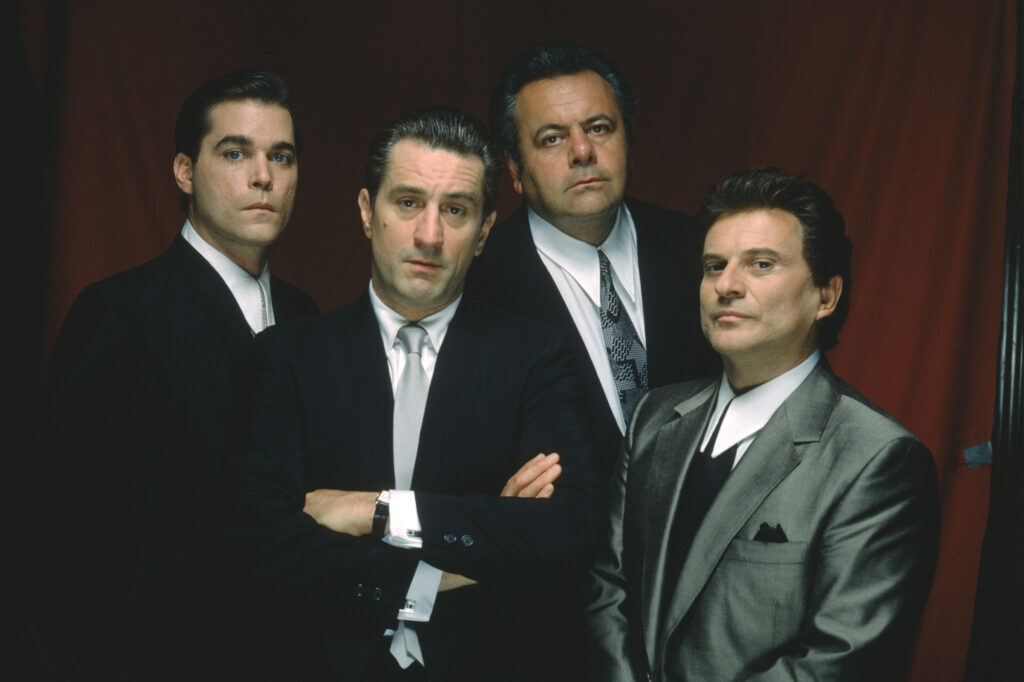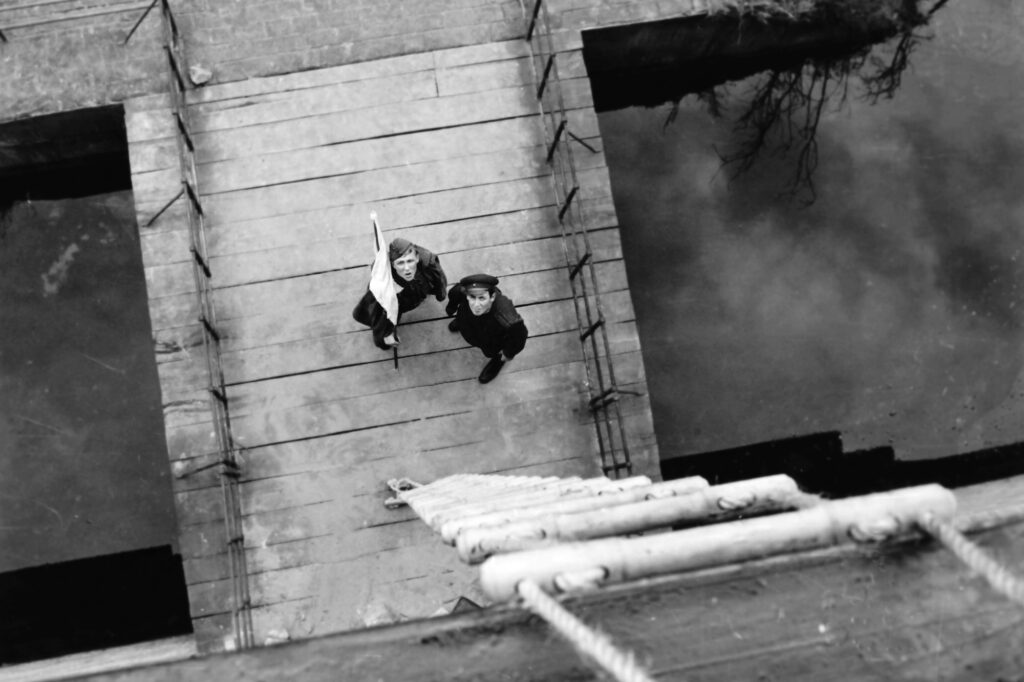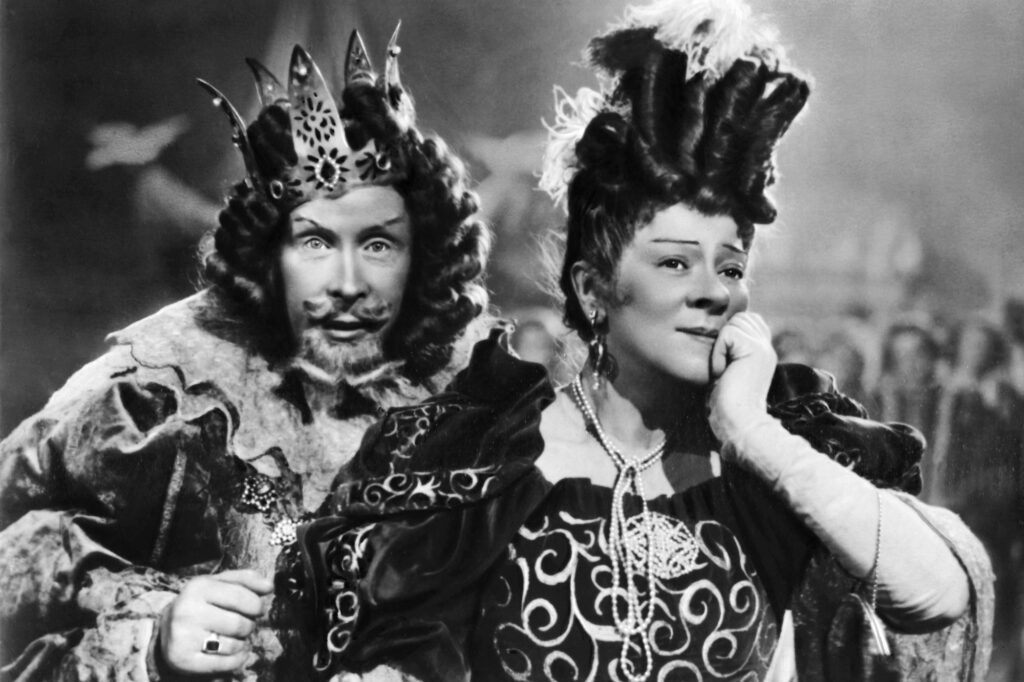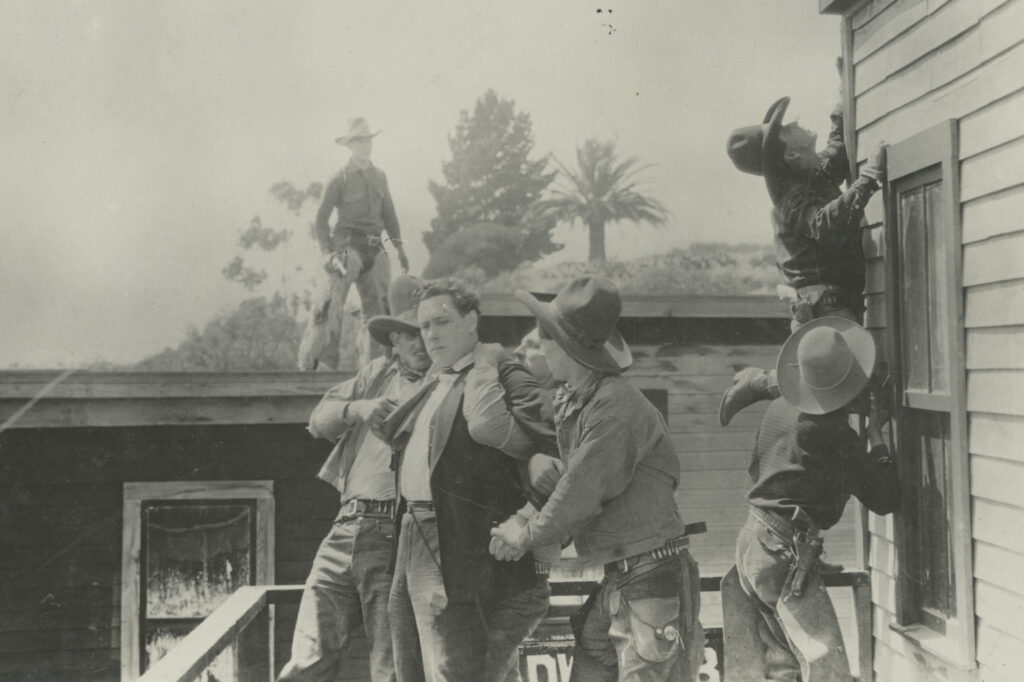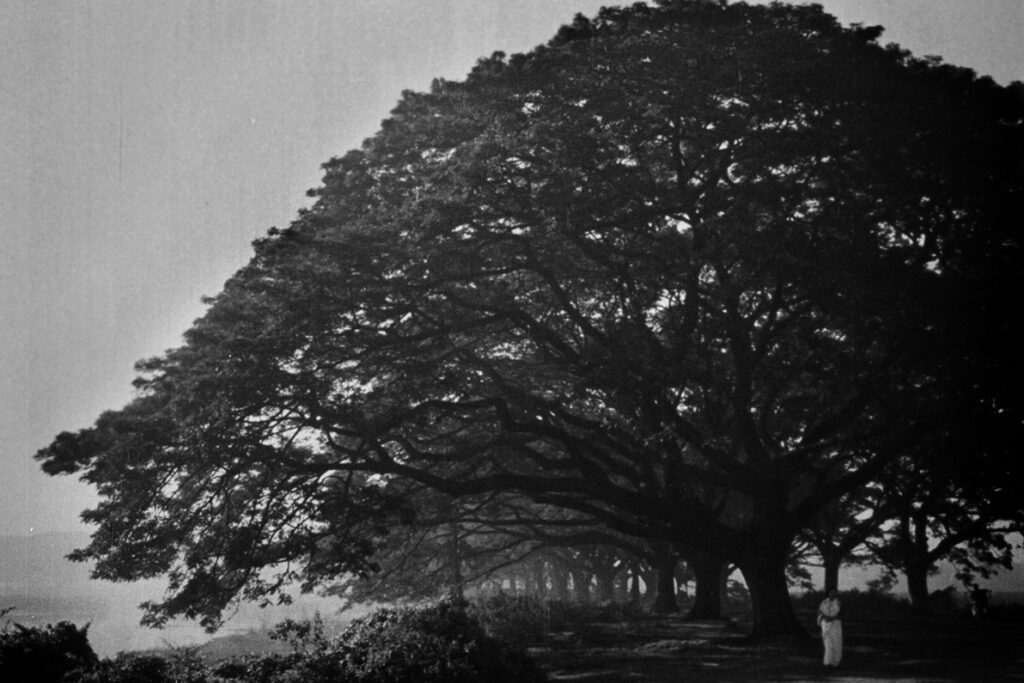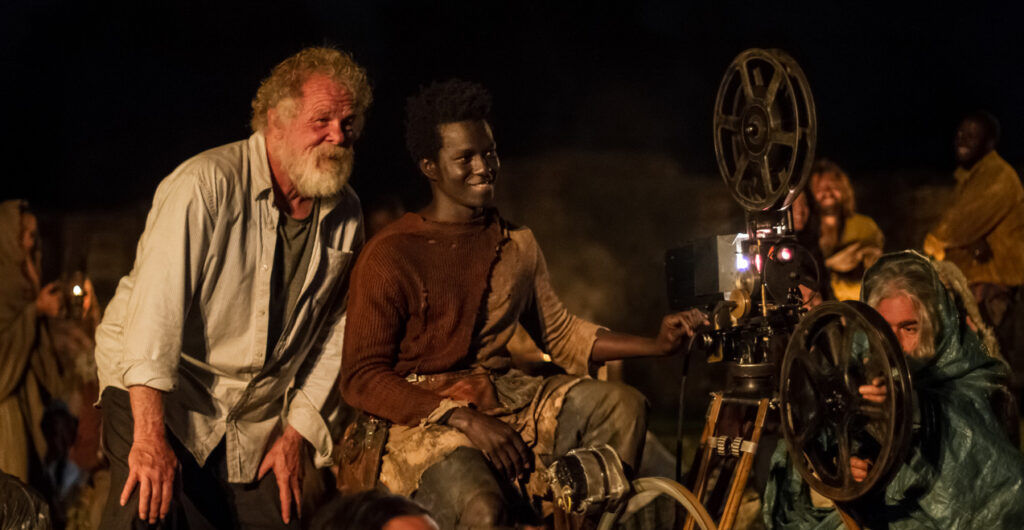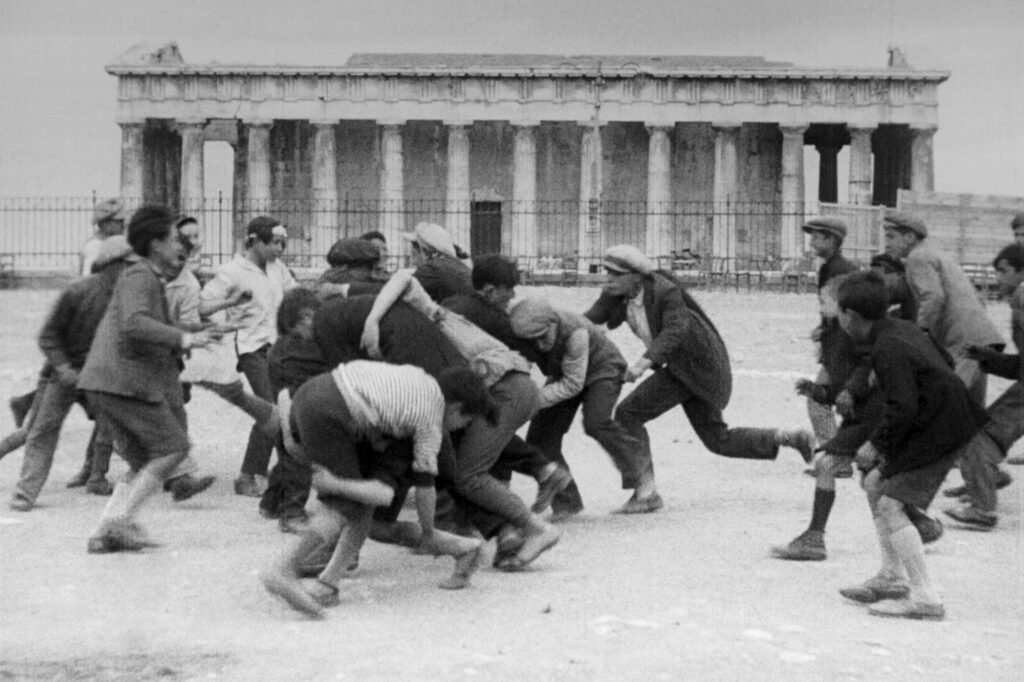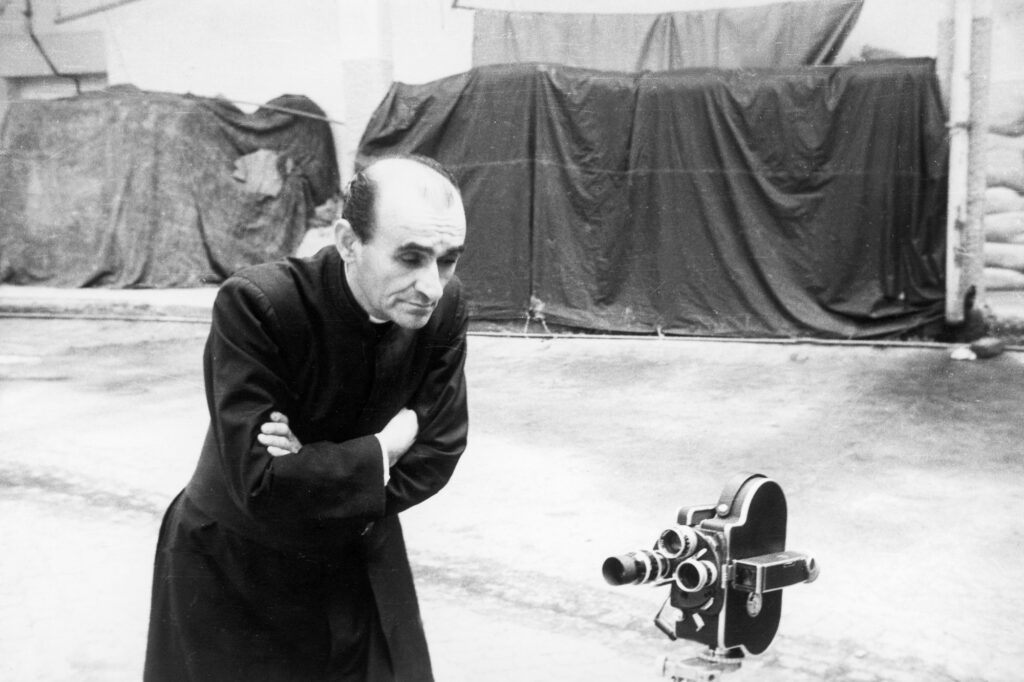A journey into the irreverent and cruel cinema of the most unyielding Italian director, Marco Ferreri, with recently found rarities and the latest restorations: His first venture into film in the early 1950s as a producer (and occasionally actor), with the short Colpa del sole, the only film directed by Alberto Moravia, and the anthology film L’amore in città; his Spanish films with a twisted neorealism imbued with absurdist venom; vivid and brutal apologues about the institution of marriage, from the episode L’infedeltà coniugale to Marcia nuziale; from the most extreme and ‘unbearable’ film of his, La Grande bouffe to the masterpiece of the Milanese yet stateless director (moving between Spain, Rome, Naples, France), La donna scimmia, which we will present with its three different endings. A director who suffered significantly from censorship, we’ll also present Ferreri’s Break Up – L’uomo dei cinque palloni, an emblematic film of the interference of censorship, law and production, which will be screened in its entirety with the original colour sequence intact.
Curated by Emiliano Morreale
